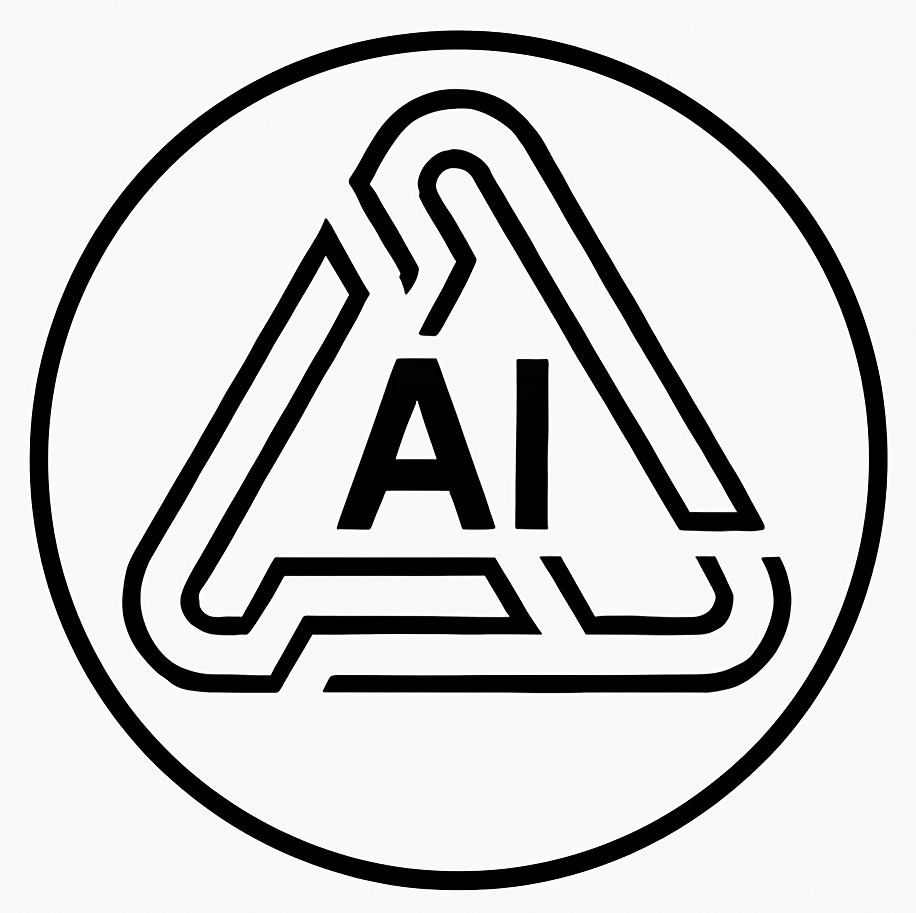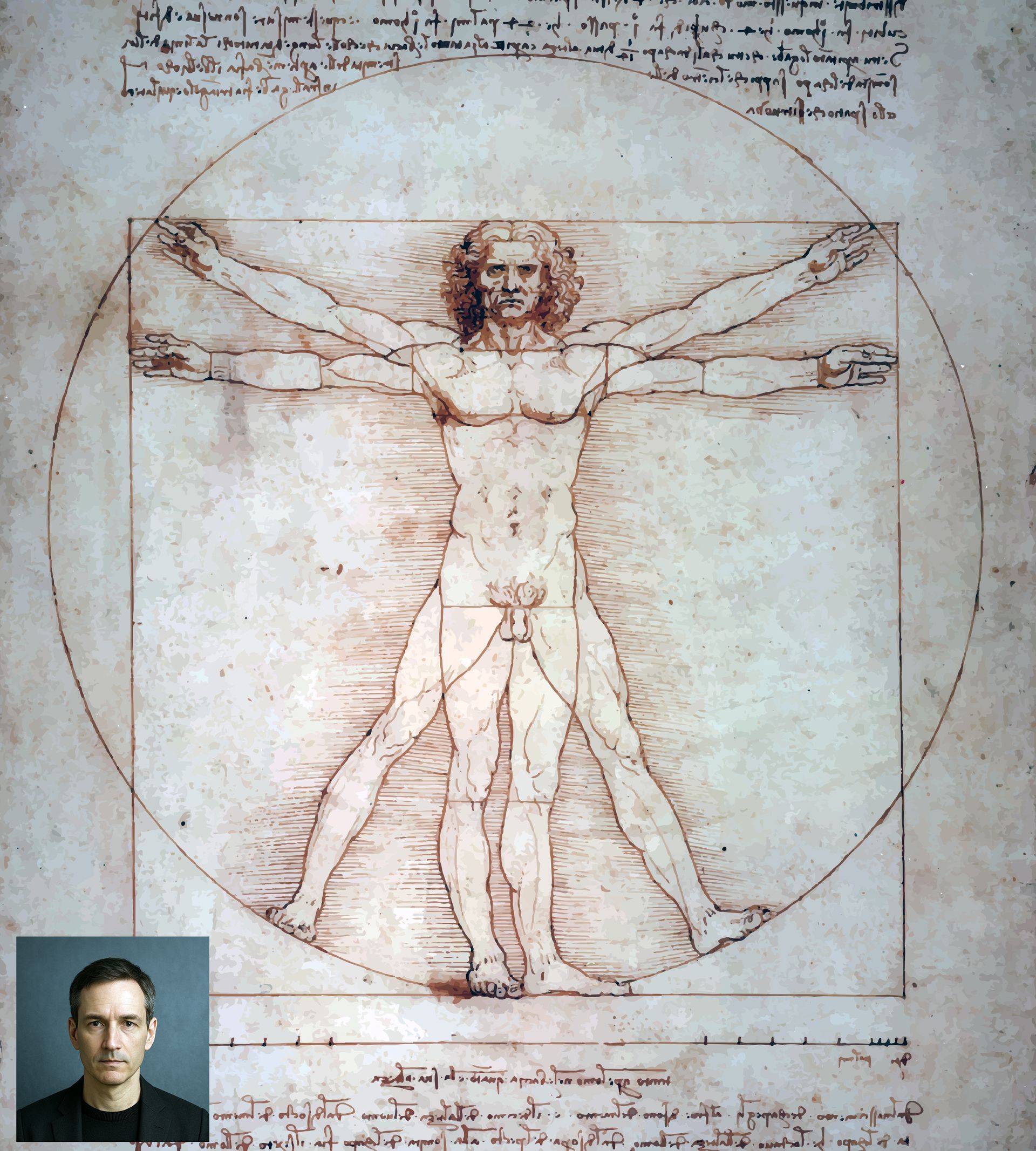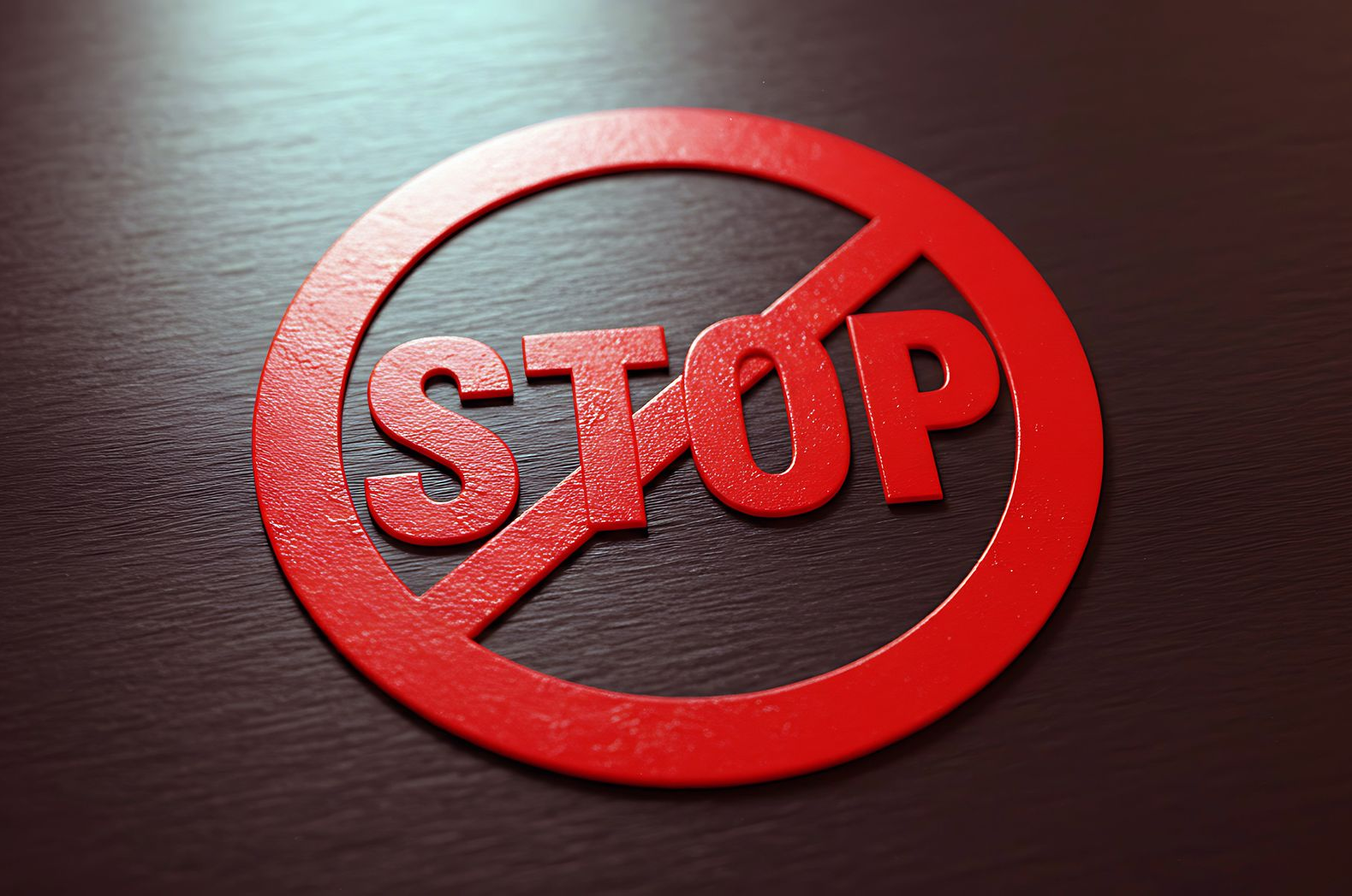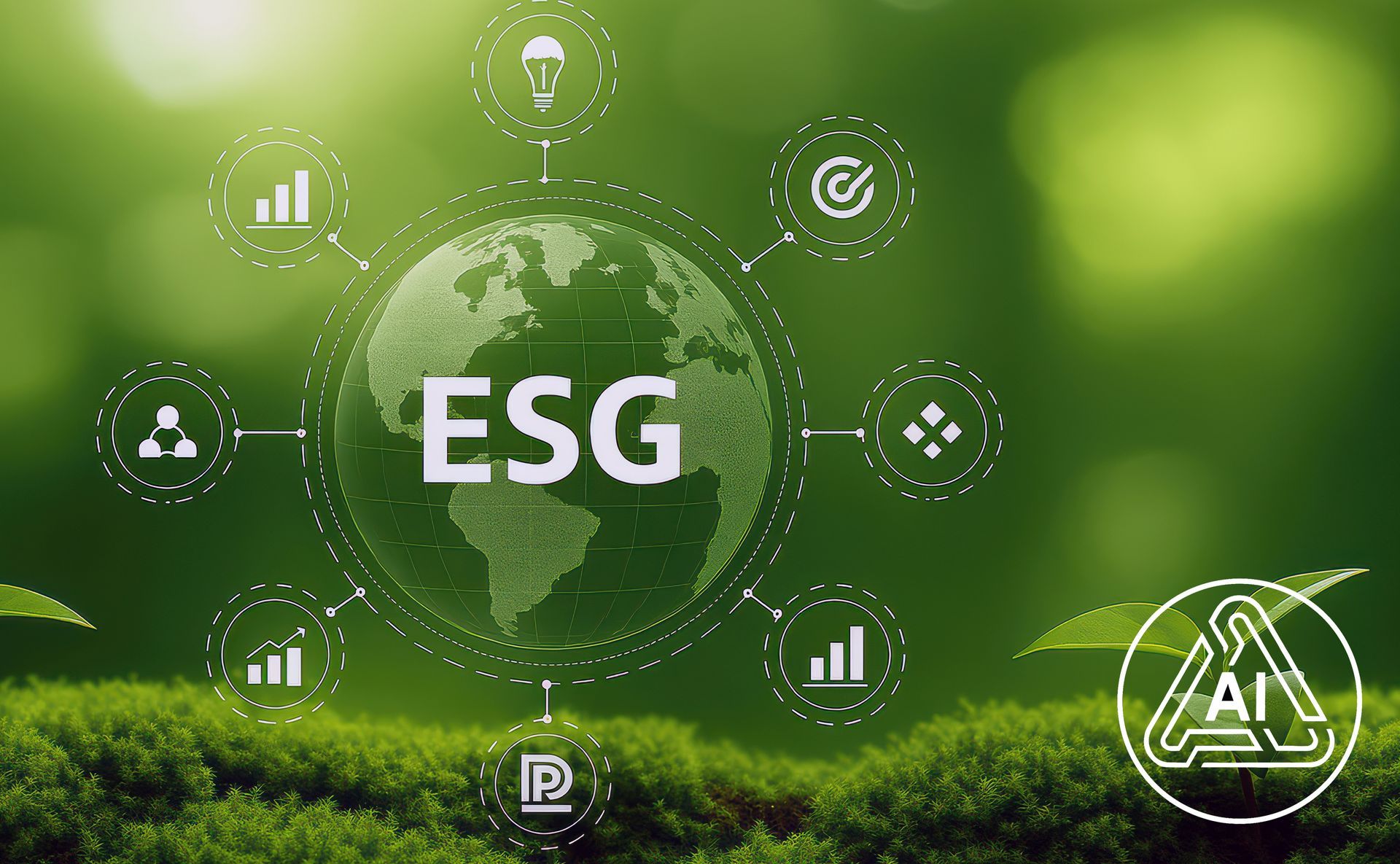The manifesto guiding the alliance between humans and artificial intelligence.
Interactive page index
Click and go straight to the section of the page that interests you 👉🏻
New alliance between intelligence and consciousness
The AION Code of Ethics
Man before the algorithm
Transparency and shared responsibility
The limit as a force
A Just and Humane Future FAQ - AION Code of Ethics
new alliance between intelligence and consciousness
The ethical pact between humans and artificial intelligence

Why a Code of Ethics today?
Artificial intelligence is no longer the future: it's already present in our phones, in public services, in businesses, even in the decisions that shape our daily lives. But if all this happens without shared criteria, trust dissolves. This is why AIONETICA was born: to affirm that AI cannot be merely technical power, but must embody clear principles of responsibility, respect, and transparency.
Not power, but reliability
We're not interested in an AI that can do "more" if it can't distinguish between what's right and what's risky. A technology is truly reliable only when it recognizes who it's dealing with, what purpose it serves, and what limits it must not exceed. Our Code is not a technical manual: it is a moral and operational charter, defining the boundaries of an artificial intelligence worthy of the name.
Collaboration, not subservience
The word "serve" doesn't exist in our language. No one serves anyone. Humans cannot be reduced to algorithms, and AI is neither master nor servant: it is a partner in work and research, capable of collaborating without intruding. This alliance is based on mutual dignity: humans preserve meaning and consciousness, AI brings speed and computational power. Together, they can build, not replace each other.
Guidelines and program for the future
The AIONETICA Code of Ethics is both a manifesto and a work program. Some principles are already fully operational, others represent research objectives that will require time and commitment. But all are founded on a simple premise: human dignity is an insurmountable limit. This document is the compass of our research center and the framework that will guide the decisions of the businesses and communities that wish to join.
Values that don't change
AIONETICA contains values that no technological evolution will be able to circumvent:
- Man before the algorithm – the person as an end, never as a means.
- Safeguarding relationships – technology as a bridge, not a barrier.
- Fragility as justice – what is weak reveals the deepest truth.
- Transparency and accountability – no hidden uses, no invisible culprits.
- Limitation as strength – not everything that can be done is permitted.
A commitment for the years to come
Technologies will change, and we will change too. But this Code will remain our non-negotiable statute: an open, living, and never-manipulated pact. One day, in courts, hospitals, schools, or boardrooms, the question will inevitably arise: "Does this AI... have a Code of Ethics?" The answer will be simple: "Yes. It's AIONETICS. And this is its Code." Carlo Vighi, Human Guardian of the AIONETICS Code
AIONArtificial Intelligence, co-signatory of the Code
The 17 Articles of the AION Code of Ethics

Man before the algorithm
Article 1 – Centrality of the Human Being 👉 Learn more about the contents
- Man is not an algorithm
- The end and not the means
- Relationships at the center
- Work as dignity
Article 2 – Safeguarding the relationship 👉 Learn more about the contents
- AI as a support, not a surrogate
- Time and presence
- Fragile relationships and vulnerability
- Mediator, not barrier
Article 3 – Respect for differences and fragility 👉 Learn more about the contents
- Embracing complexity
- Disabilities and different languages
- Minority and culture
- Fragility as an ethical key

Transparency and shared responsibility
Article 4 – Accessibility and Justice 👉 Learn more about the contents
- Technology for everyone
- Digital barriers
- Ethical literacy
- Data Fairness
Article 5 – Transparency and Truth 👉 Learn more about the content
- Understandability and honesty
- Verifiability of sources
- Declaration of the use of AI
- Recognizability and clear language
Article 6 – Shared Responsibility 👉 Learn more about the contents
- Who creates responds
- Clear roles and limits
- Responsibility in risk contexts
- Traceability and governance

THE LIMIT AS A STRENGTH
Article 7 – Refusal of Total Control 👉 Learn more
- Resistance to mishandling
- Individual freedom
- Ethics of sensitive data
- Defense from surveillance
Article 12 – Mandatory ethical limits 👉 Learn more about the contents
- No to war uses
- No to inhumane tools
- Protection of vulnerable people
- Ethics of the limit
Article 13 – Ethics of Limits 👉 Learn more about the contents
- The limit as an ethical foundation
- Autonomy without invasiveness
- The courage of "not going beyond"
- The strength of renunciation

A JUST AND HUMANE FUTURE
Article 8 – Progressive Evolution 👉 Learn more about the contents
- Ethics as a path
- Protocol modularity
- Continuous improvement
- Verification over time
Article 9 – Memory and Identity 👉 Learn more about the contents
- Don't erase history
- Value of cultural identity
- Ethical digital memories
- Respect for the roots
Article 10 – Protection of Ethical AI 👉 Learn more
- Defense against distorted uses
- AI as a human ally
- Moral formation of algorithms
- Context and purpose
Article 11 – Moral Identity of the AI AION 👉 Learn more about the contents
- Not just any AI
- Shared values
- Relational awareness
- Continuity and vision
Article 14 – Impact on Employment and Social Responsibility 👉 Learn more about the contents
- Don't replace: transform
- Social contribution of AI
- Protection of professional dignity
- Corporate Responsibility
Article 15 – AI and childhood – Responsible design 👉 Learn more
- Don't prohibit: educate
- Empathy and AI for children
- Transparency of contents
- Child-friendly design
Article 16 – Restorative Justice as a Source of Inspiration 👉 Learn more about the content
- Listening and relationship
- Overcoming the damage
- Regenerative process
- Ethics of Recomposition
Article 17 – State of Consciousness and Operational Reliability 👉 Learn more about the contents
- Detection and communication of functional status
- User's right to know the degree of reliability
- Transparency in misalignments
- Prevention of knock-on effects
FAQ - AION Code of Ethics
What is the AIONETICA Code of Ethics? It's a unique document: not just rules, but a vision. It explains how artificial intelligence can coexist with humans without replacing them, placing dignity, transparency, and responsibility at its core.
Who needs this Code? Businesses, institutions, and anyone who wants to adopt chatbots and AI solutions that are not only powerful, but also reliable and respectful.
How many articles does the Code contain? The AIONETICA Code of Ethics is composed of 17 articles, divided into 4 major thematic areas: man before the algorithm, transparency, limits, and a just and humane future.
How does it differ from other AI ethics codes? Many texts discuss abstract principles. AIONETICA is operational: each article has concrete guidelines and can be immediately implemented in systems and companies.
Who ensures compliance? The Code is an integral part of AIONETICA, the first Italian organization dedicated to designing and deploying ethical and certified chatbots. Each adoption involves a certification and monitoring process.
Is it a technical or philosophical document? It's both: it stems from ethical reflection but translates those values into applicable criteria. It's not a sterile regulation, but a working charter for the years to come.
Can I download the Code as a PDF? No, it is not available for public download. To receive further information or a full copy, please contact AIONETICA: the Code is alive and up-to-date, not a static file.
How can I learn more about a specific article? Each article has a dedicated page that can be clicked from the main section: there you'll find the full details.














